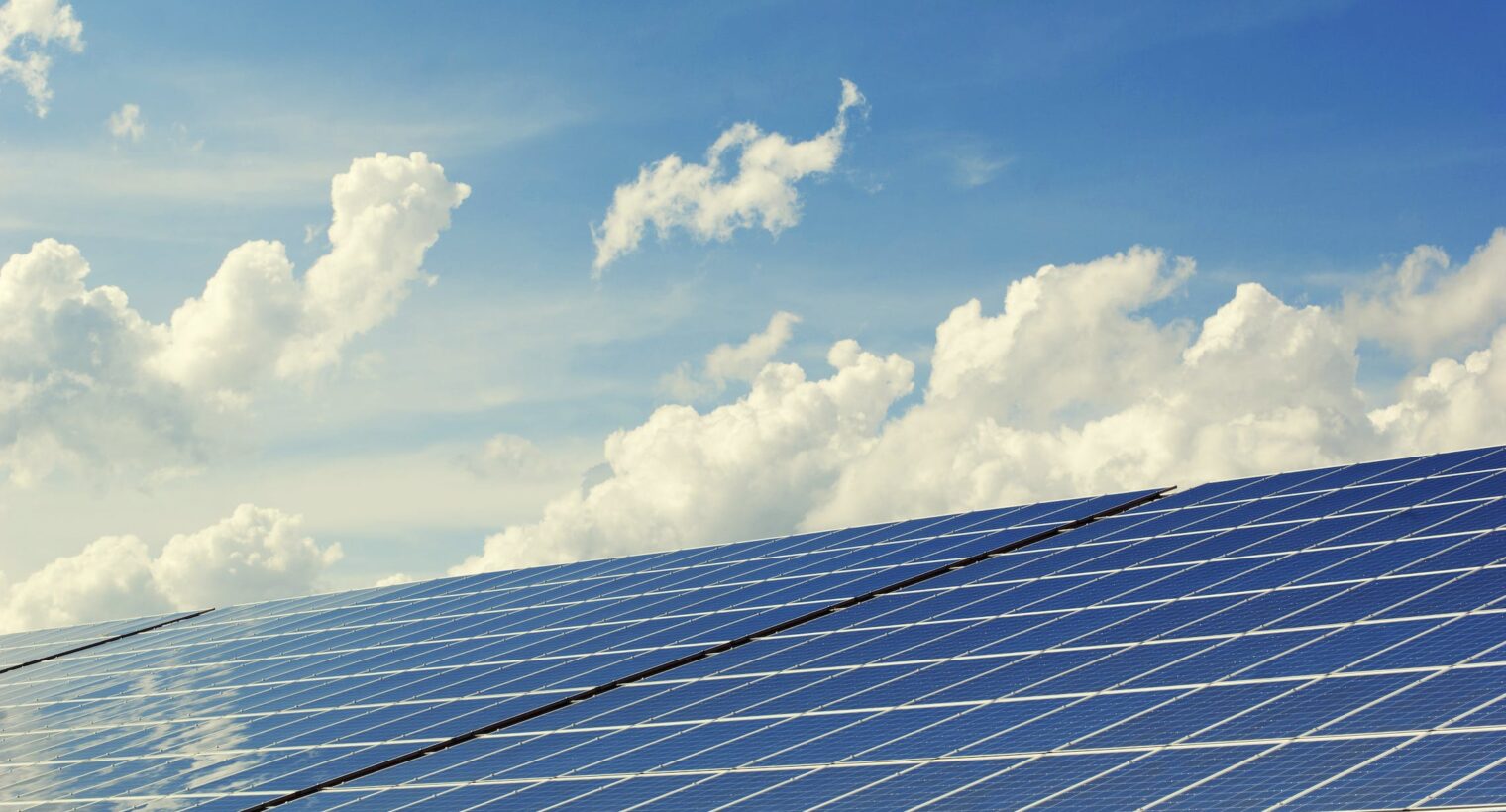This article is your guide to figuring out do solar panels work on cloudy days? When it comes to harnessing the power of solar energy, many people wonder do solar panels work on cloudy days. As the world becomes increasingly aware of the need for renewable energy sources, solar panels have gained popularity as a viable option for generating electricity. However, it is important to have all of your questions answered and learn about the logistics of solar panels before you make such an investment in them.
In this article, we will dive into the details about does solar panels work on cloudy days, solar panels at night, and how to know if solar panels are working. Here at The Energy Professor, we want to give you the information you need to not only save money on your energy bill but to also become more energy efficient. We hope find this post helpful and better understand solar power on cloudy days! Be sure also to check out our one-of-a-kind energy savings calculator!
The Energy Professor Electricity Rate Check Tool
Do Solar Panels Work on Cloudy Days 2024?
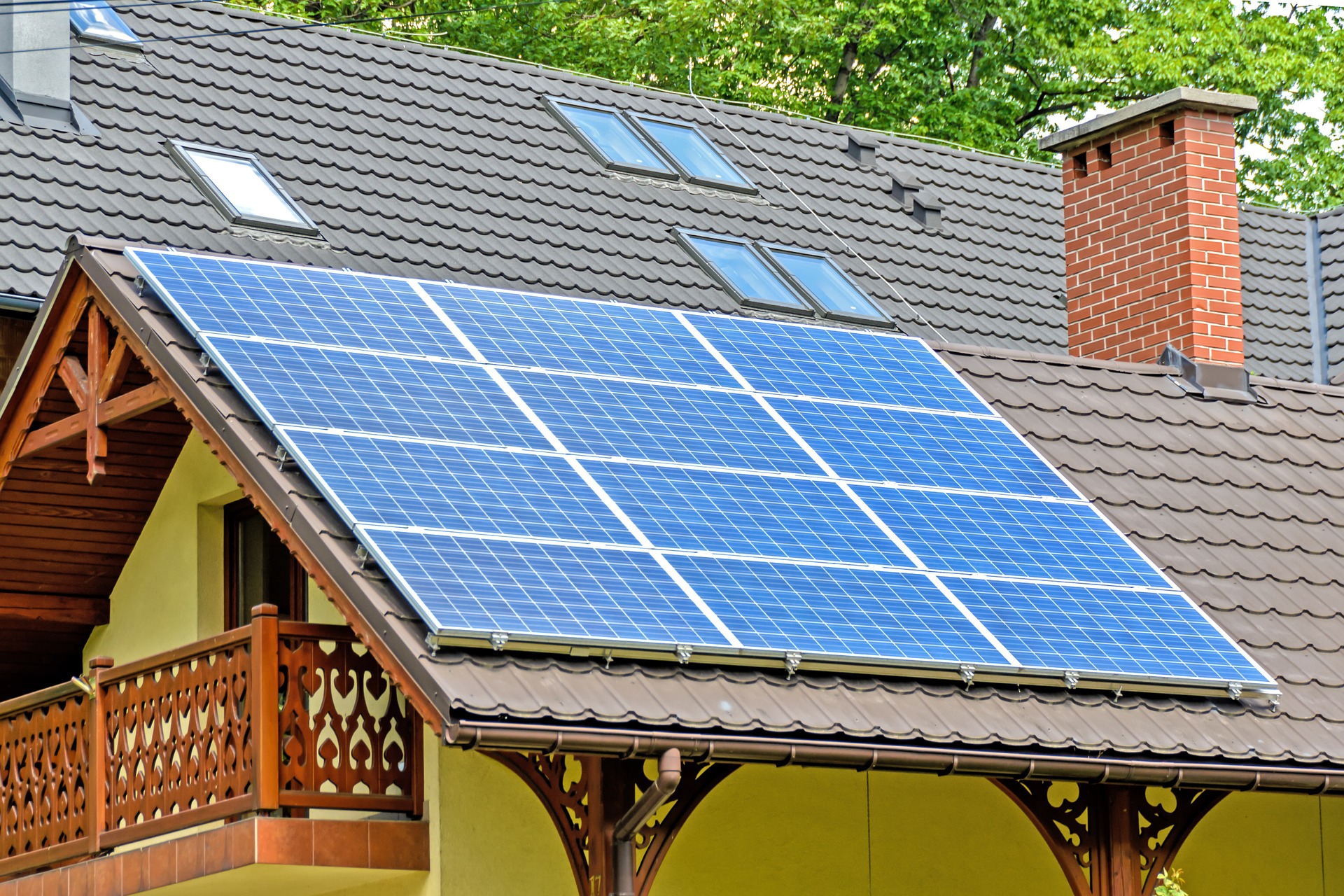
There are many benefits to installing solar panels for your home. Some of the main reasons people make the switch to solar power are to reduce their energy bills and help the environment. But is it worth it to get solar panels if you don’t live in a state like sunny California? If it is cloudy out, solar panels still work! Solar panels are most effective in direct sunlight, however they still will work even when the light is partially blocked by clouds. Solar panels work off of daylight not exactly direct sunlight on a cloud-less day.
In short, low clouds can block light from the sun which means less solar energy produced by your solar panels.
Do Solar Panels work when it’s cloudy?
Yes, solar panels absorb daylight even on cloudy days. Although they will produce less energy than on a bright sunny day. You want your solar panels to receive the much sunlight as possible. This is why if you have trees hanging over your house – it is probably not the best idea to install solar panels,
Cloudy vs. Overcast
On overcast days, the sun’s rays can come through the clouds and produce more energy than you may expect. Just like the phenomenon that you can get burnt on an overcast day – the same applies to solar panels. The cloud edge effect is a common notion in power generation. It happens when sunlight scattered through clouds exceeds the amount of light normally contributed by a clear sunny day. This can create a much higher electrical output for your solar panels.
Do Solar Panels Work on Rainy Days?
When it rains, we expect the dark clouds that may seem like our solar panels will not work. Similar to what we explained above, your solar panels can charge even more on an overcast day. If not, there is no worry because of backup systems that your solar system uses to keep producing electricity. So what about rain?
Rain is good for solar panels since it can help keep your panels operating efficiently by washing away any dust or dirt that may accumulate on them. This dust and dirt can block the solar cells from effectively absorbing sunlight.
Related Post: Tesla Solar Panel Cost
Do Solar Panels Work at Night?
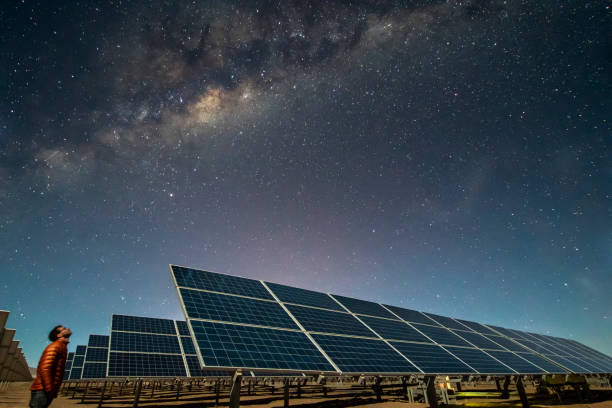
While it’s true that solar panels generate the most energy during the day when exposed to direct sunlight, you might be wondering how solar power at night works when the sun is not shining. The answer lies in the technology of photovoltaic cells, which are the heart of solar panels and are responsible for converting sunlight into electricity.
During the day, when the sun’s rays are abundant, photovoltaic cells in solar panels absorb the sunlight and create an electric current. This current is then sent to an inverter, which converts it from direct current (DC) to alternating current (AC) that can be used to power your home or fed back into the grid. This process allows you to benefit from the electricity generated by your solar panels during the day, offsetting your reliance on grid power and potentially reducing your electricity bills.
But what about how solar panels work at night when the sun has set and there is no direct sunlight? While it’s true that solar panels do not generate electricity at night, there are mechanisms in place that can still allow you to benefit from your solar panels even after dusk. Two key technologies that enable solar power usage at night are net metering and solar battery storage.
How Does Solar Work at Night?
One way that your solar panels work at night is through net metering. Net metering credits solar energy system owners for the electricity they add to the grid. If your home is net-metered, the electricity meter will run backward to provide a credit against what electricity is consumed at night or during other periods.
Many wonder “Can you collect solar energy at night?” The answer is yes, with solar battery storage. Solar battery storage provides your home with electricity at night to make the most of the daytime energy production. The solar panels will fill the solar battery with energy from the sun and store it for future use. Electricity will be pulled from the solar battery first before the grid thus continuing to save you money on your electric bill. Battery storage is the best energy solution for electricity at night when there is no sunlight.
Related Post: Average Monthly Electric Bill with Solar Panels
How to Know if Solar Panels Are Working?
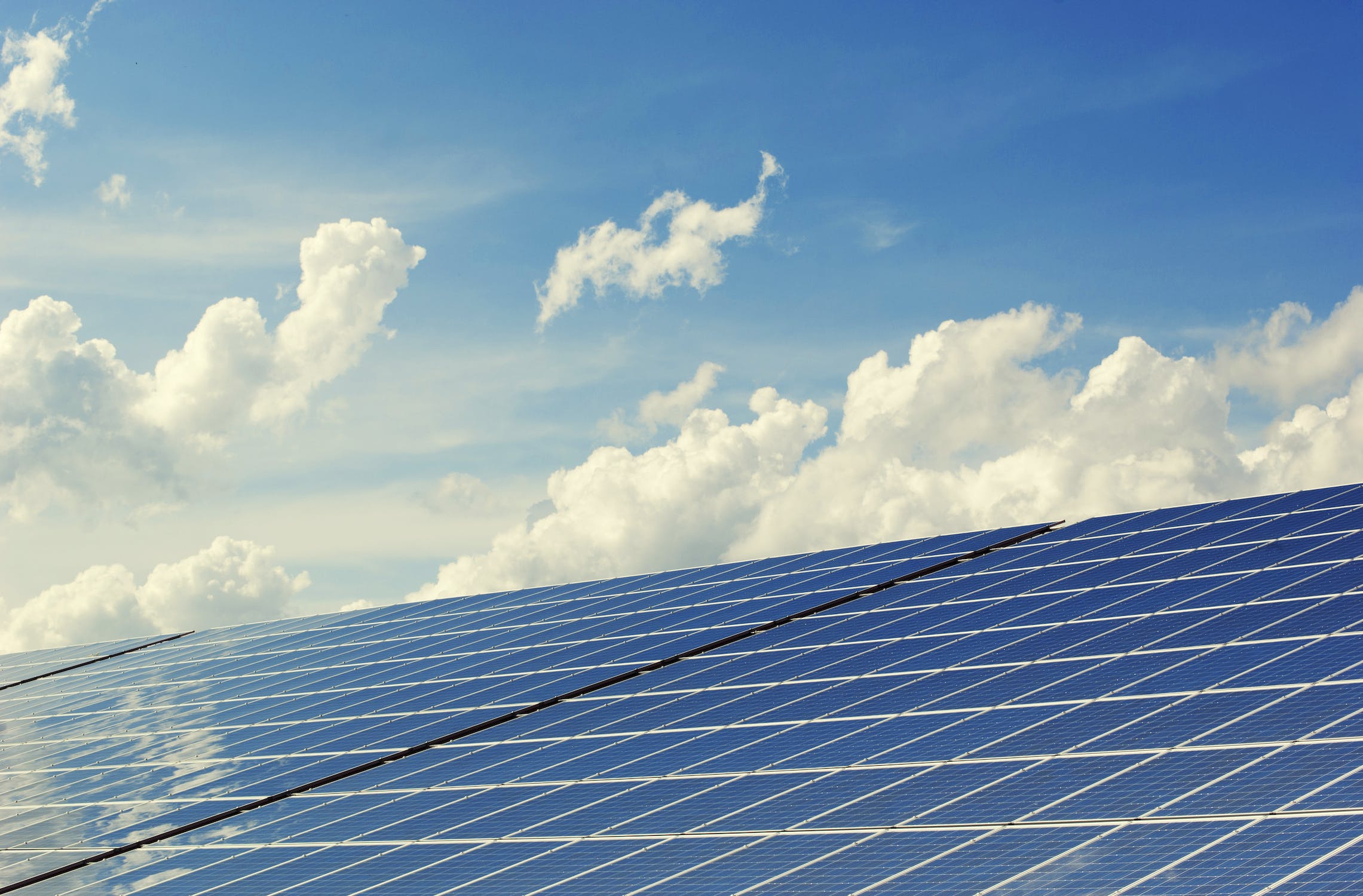
Here at The Energy Professor, we deal with solar panels often, that’s why I’m here to shed light on how to determine if your solar panels are functioning optimally. If you are new to solar panels, you may be wondering if my solar system working, especially on cloudy days. One way to know if solar panels are working is to check the inverter, which converts the direct current (DC) electricity produced by the panels into alternating current (AC) electricity used in your home or sent back to the grid. If the inverter’s display shows a positive power output during daylight hours, it’s a good indication that your solar panels are generating electricity. Additional ways to know if your solar panels are working can be found below.
- Monitoring software or apps provided by your solar panel system installer can be used to track the performance of your panels. These tools can provide real-time data on how much electricity your solar panels are producing, allowing you to spot any significant drop in output that could indicate an issue with the panels.
- Observing your electricity bill can also be a helpful indicator. If your bills are significantly lower after installing solar panels, it’s a sign that they are indeed generating electricity and reducing your reliance on grid power.
Finally, physically inspecting your solar panels for any visible damage or dirt buildup can also provide insights into their performance. Clean and well-maintained panels are more likely to generate electricity efficiently.
In summary, checking the inverter, monitoring software, reviewing your electricity bills, and inspecting your panels are key ways to determine if your solar panels are operating effectively and harnessing the sun’s energy to power your home and check on solar panel cloudy day efficiency.
What are the best months for solar production?
When it comes to solar production, the best months can vary depending on factors such as geographic location, panel orientation, and weather patterns. However, generally speaking, the months with longer days, higher sun angles, and fewer cloud cover tend to be the best for solar production.
In many regions, the summer months of June, July, and August often yield the highest solar production due to longer days and more direct sunlight. The sun’s rays are at a higher angle during these months, resulting in increased solar exposure and higher energy production.
Spring and fall, particularly April and September, can also be good months for solar production, as the days are longer and the sun’s rays are at a favorable angle, although not as intense as in the summer months.
Winter months, such as December and January, typically have shorter days and lower sun angles, resulting in decreased solar production. However, even during winter months, solar panels can still generate electricity, albeit at a reduced rate.
Related Post: Is Solar Worth It?
Solar Panel Cloudy Day FAQ
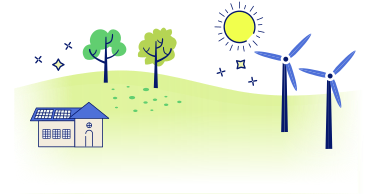
Q: Do solar panels work with moonlight?
A: While solar panels are designed to generate electricity from sunlight, the moonlight alone is generally not sufficient to produce significant amounts of electricity. While solar panels do not typically produce electricity from moonlight alone, it’s important to note that solar panels can still function and generate electricity during periods of low sunlight, such as during cloudy days or in the shade. However, electricity production during such conditions may be significantly reduced compared to bright, sunny days.
Q: When do solar panels work best?
A: Typically, solar panels work best when there are clear skies and ample sunlight, which is often during the middle of the day when the sun is high in the sky. This allows the photovoltaic cells in solar panels to absorb maximum sunlight and generate electricity at their optimal capacity. However, it’s important to note that the specific performance of solar panels can vary depending on factors such as geographic location, weather conditions, and panel orientation.
Q: Do solar lights charge on rainy days?
A: Your solar lights do charge on rainy days however, not as much as they would on a bright sunny day. Rain is good for solar panels since it can help keep your panels operating efficiently by washing away any dust or dirt that may accumulate on them. This dust and dirt can block the solar cells from effectively absorbing sunlight.
Do you Need Cheaper Electricity?
If you’ve taken the time to understand the information on your bill and discovered you’re paying more than you’d like for your electricity, have you looked around for a cheaper deal? The Energy Professor has a wealth of information on saving on your utilities, including details of top deals that could significantly reduce your monthly or quarterly electricity bills.
We hope you found this article helpful! If you are looking for ways to increase energy efficiency and sustainability in your home be sure to look at the latest renewable energy options in your area. The Energy Professor helps residential and small business owners find qualified energy suppliers in New York, New Jersey, Pennsylvania, Texas, Ohio, Maryland, Illinois, and Massachusetts

